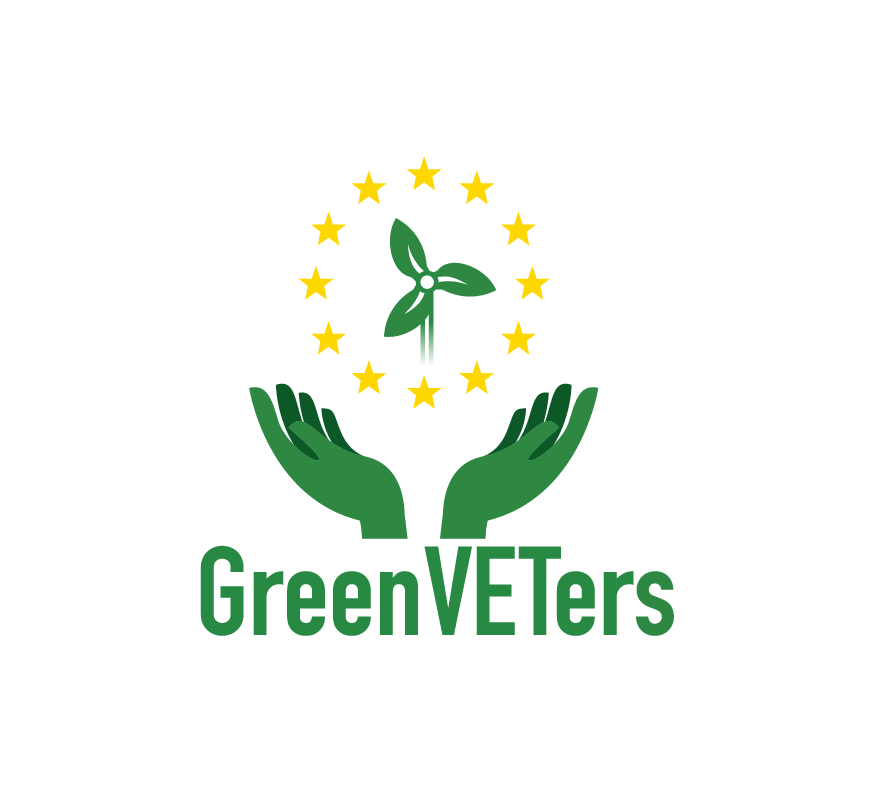In democracies, citizens are called to vote for their government and political institutions’ representatives every so many years (e.g. most commonly In Europe every 4 or 5). For elections to be free, it entails that no intimidation, corruption or threats are
imposed on citizens to influence their vote. Additionally, to be fair, all registered
political parties should meet no obstacles in participating in the elections, while every citizen’s vote has to be counted.
Article 3 of Protocol 1 of the Council of Europe’s Convention on Human Rights states:
Everyone has the right to elect the government of his/her country by secret vote. Without this right, there can be no free and fair elections. It guarantees the citizens’ free expression, the proper representativeness of elected representatives and the legitimacy of the legislative and executive bodies, and by the same token enhances the people’s confidence in the institutions. (CoE, Article 3, 1950)

